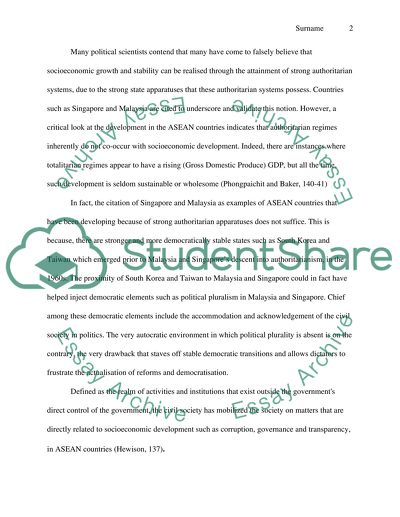Cite this document
(The Relationship between the Presence of the Civil Society and Term Paper, n.d.)
The Relationship between the Presence of the Civil Society and Term Paper. Retrieved from https://studentshare.org/politics/1478050-i-va-attached-the-file
The Relationship between the Presence of the Civil Society and Term Paper. Retrieved from https://studentshare.org/politics/1478050-i-va-attached-the-file
(The Relationship Between the Presence of the Civil Society and Term Paper)
The Relationship Between the Presence of the Civil Society and Term Paper. https://studentshare.org/politics/1478050-i-va-attached-the-file.
The Relationship Between the Presence of the Civil Society and Term Paper. https://studentshare.org/politics/1478050-i-va-attached-the-file.
“The Relationship Between the Presence of the Civil Society and Term Paper”, n.d. https://studentshare.org/politics/1478050-i-va-attached-the-file.


